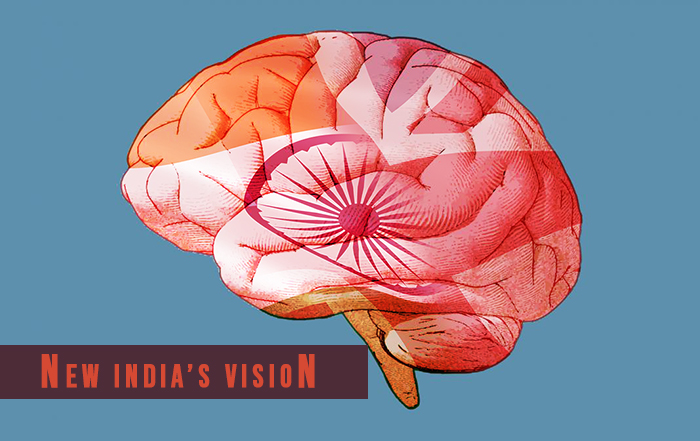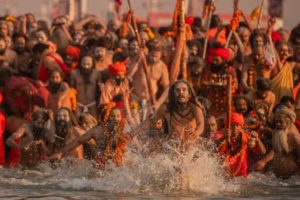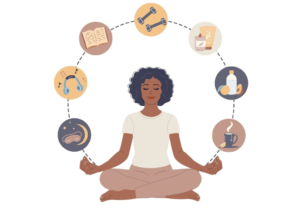The desire to connect with the phenomenon called Indian Independence results in reminding oneself of the complexity that surrounds sovereignty itself. Initially, Indian independence was a post World War affair and it was a product of both passive and active struggle. But what is striking is that even today Britain wants India to become a trading partner. Coupled with this is the close participation in Britain by Indian immigrants. Shashi Tharoor in Inglorious Empire has highlighted the horrors of colonial exploitation, which he felt was his “moral urgency of explaining to today’s Indians why colonialism was the horror it turned out to be”. It is inescapable that the British rule in India has helped to shape the habits, attitudes, and psychology of English-speaking Indians in the present era.
Often, we are likely to remind ourselves that the Jallianwala Bagh massacre on April 13, 1999, was an after-effect of the Rowlatt Acts. Gandhi in fact commenced his Satyagraha as a protest. It is a matter of historical speculation, what and where we would be if there was no Western education in India or had the British not been here at all. However, history cannot be abnegated and has to be evaluated in terms of the present.
David Cameron, the British Prime Minister’s visit to Amritsar in 2013 may be seen as an acknowledgment of the excesses of colonial rule. However, Tushar Gandhi, the great-Grandson of the ‘Mahatma’, has underlined how the non-violence movement has obscured the relations of the two countries in post-Independent India. We can never undermine the malice in Indians as an outcome of the excesses of the freedom struggle but simultaneously it is perceived that history has never been partial and that all colonial rule was dismantled in time.
When Winston Churchill asked Pt. Jawaharlal Nehru why he didn’t feel bitterness after all the years of torture that the Indians had faced at the hands of the British, Pt. Nehru had retorted, “I was taught by a great man, Mahatma Gandhi, never to fear and never to hate.”
A personal message that I want to share with the multicultural, heterogeneous audience of India on this 73rd Independence Day is to forgive the harshness of the British Raj and venture into creating a prosperous nation. As Mahatma Gandhi has declared, “Forgiveness is the attribute of the strong.”
A colonial past can never be forgotten. But it is also true that in celebrating Indian Independence, we have to look forward to building a Herculean India.
“United we stand, divided we fall”
Jai Hind!
Contributed by:
Subhrajit Samanta











